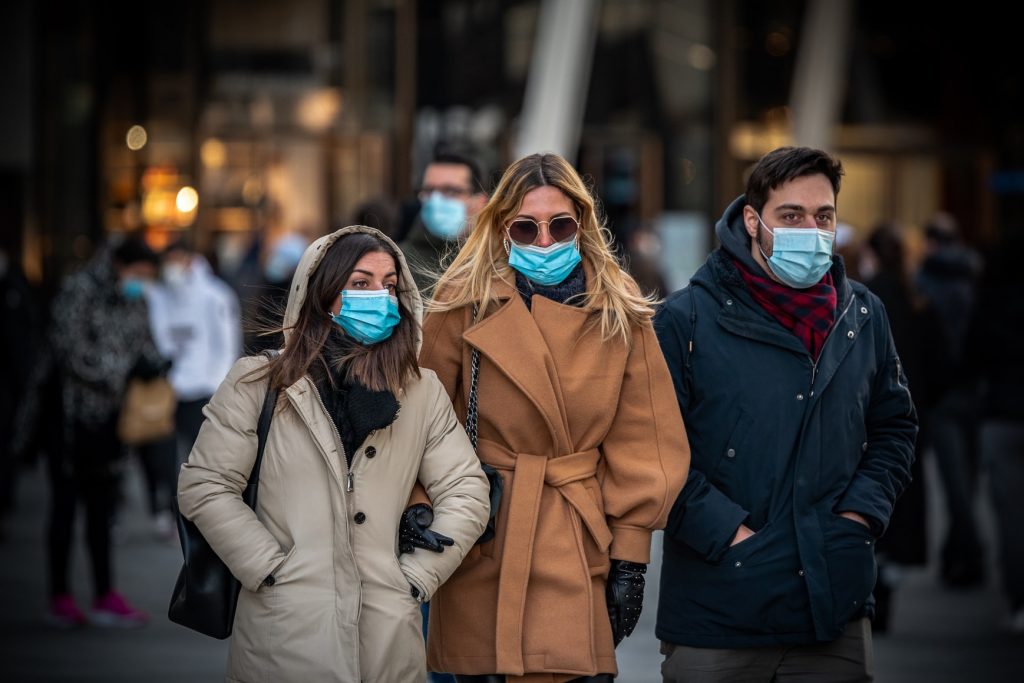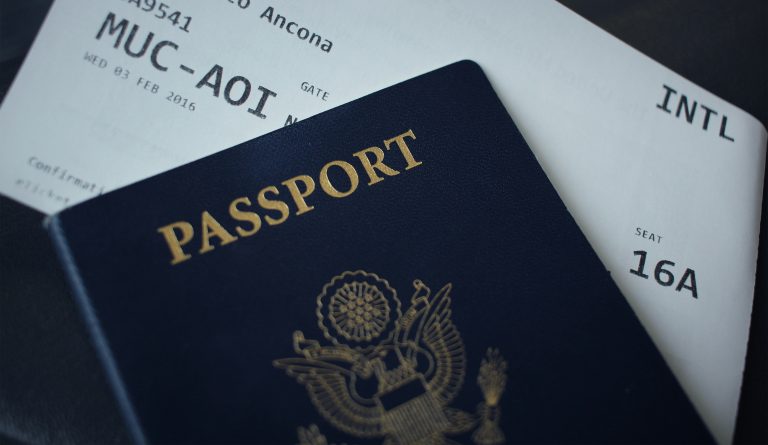Fourth wave in Germany, work from home as default

Germany has experienced a rise in coronavirus cases in the past month, prompting the AFP to announce a possible return of work from home.
The fourth wave brought tens of thousands of cases per day, with a seven-day average rate of 49,206 as of November 21, 2021.
Hospitals are also slowly reaching their capacities as officials coordinate a tighter strategy for combating the coronavirus.
The recent coronavirus surge is “a pandemic of the unvaccinated,” Health Minister Jens Spahn stated. Only 67.9 percent of the total population are fully injected, with the intended goal of the government to be 75 percent.
The Social Democrats emerged victorious from the country’s general election. Yet with the fourth wave, the new coalition quickly responded with a proposal on fighting the coronavirus to the lower house of the German parliament.
But, not everything is smooth sailing for the new coalition as they have stated a return to lockdown may not be necessary, causing criticisms by conservatives.
The fourth wave brought about tighter restrictions on Germany for the unvaccinated, as one by one, federal states implement their own sets of rules.
The state of Saxony launched a campaign titled 2G, a play of German words for vaccinated (geimpft) and recovered (genesen), as ICU beds are at their limit with only 15 percent vacancy. With the swift execution of 2G on all non-essential shops and establishments, people need to certify if they are fully vaccinated to enter said facilities.
Bavaria has also experienced a severe hit from the fourth wave, with its hospital ICU beds nearing capacity. The onslaught of the virus made the state premier Markus Söder carry out “a kind of lockdown for the unvaccinated.”
Söder, much like Health Minister Jens Spahn, had the same notion with the vaccination rate as Söder stated that, “If we were all vaccinated, with a high percentage, we would be in an easier situation.”
Bavaria’s lockdown comes with strict regulations to impede the rising cases. Restaurants and hotels are no longer accessible by unvaccinated people. Masks are also mandated even in areas that are for vaccinated only. Public and leisure facilities are only for vaccinated or those who have recovered from COVID-19 in the last six months.
On the other hand, businesses all over the country are forced to comply with the revised German Infection Protection Act (the Act) passed last week.
The Act illustrates that employees must work from home except if there are “compelling operational reasons” or if they reject the employer’s offer.
There is no strict basis on the possible reason an individual may opt not to work from home, as lack of space or distraction is already adequate.
Although on the employer’s side, lack of equipment is not enough reason to justify the inability to provide work from home for the staff. Employers would have to shoulder the responsibility for the refusal of this option.
Personnel who opted out of the work from home option must be acceptable on the 3G campaign, much like the 2G but with an additional tested (getestet) protocol.
Providing documents as verification is also mandated with these individuals. Said paper must indicate that they do not have the virus, are fully vaccinated, and have a recovery certificate if they contracted the disease.
The COVID-19 testing also has strict requirements. It has to be within 24 hours once given, excluding PCR tests with its 48 hours validity.
It is up to the employees to provide a negative result. However, they are allowed up to two free tests per week from the company and one free test per week as a citizen if tests are abundant.
Global People is a leading local employment solutions provider for national and international corporations and can advise and escort you in your next destination.






